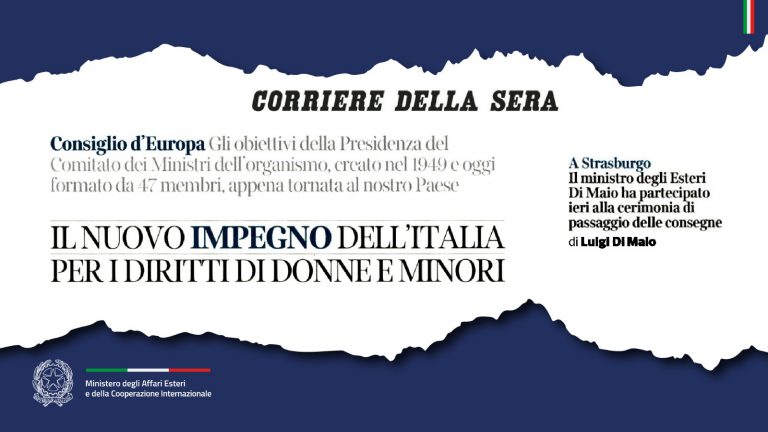Minister Paolo Gentiloni is taking part in the Western Balkans Summit taking place in Vienna today, 27 August 2015. This is the second summit in the “Berlin Process” that began one year ago with the Western Balkans Conference of August 2014.
Heads of Government, Foreign Ministers and Economic Development Ministers of the 6 western Balkan countries (Albania, Bosnia-Herzegovina, Kosovo, Macedonia, Montenegro and Serbia), and of Germany, Austria, France, Italy, Croatia and Slovenia have been invited to take part. Also invited are the President of the EU Commission, the EU’s High Representative for Foreign Affairs and the EU Commissioner for Enlargement.
Towards European integration
The Vienna event is intended as a catalyst to strengthen regional cooperation and overcome long-standing regional disagreements. Discussion will focus on the economic situation in the region and the various reforms, including with reference to the growing migration problem. Other topics will be policies for young people, education and training; and connectivity in the Balkans. On this last point, the EU Commission should be introducing a programme for infrastructure development in the region, which would have possible financial support from the EU.
Immigration challenges
The challenges posed by migration pressures for the countries of the region, and the “Balkans route”, will be key topics for discussion. Italy will reiterate its commitment to a European migration policy based on criteria of solidarity and equity and the need to help the Balkan countries manage the situation, not least to prevent the adoption of national policies that could undermine protection for asylum seekers. For a common challenge, a common response is needed.
Other issues on the ministers’ agenda include inter-faith dialogue, combating terrorism and measures to address and prevent radicalisation.



